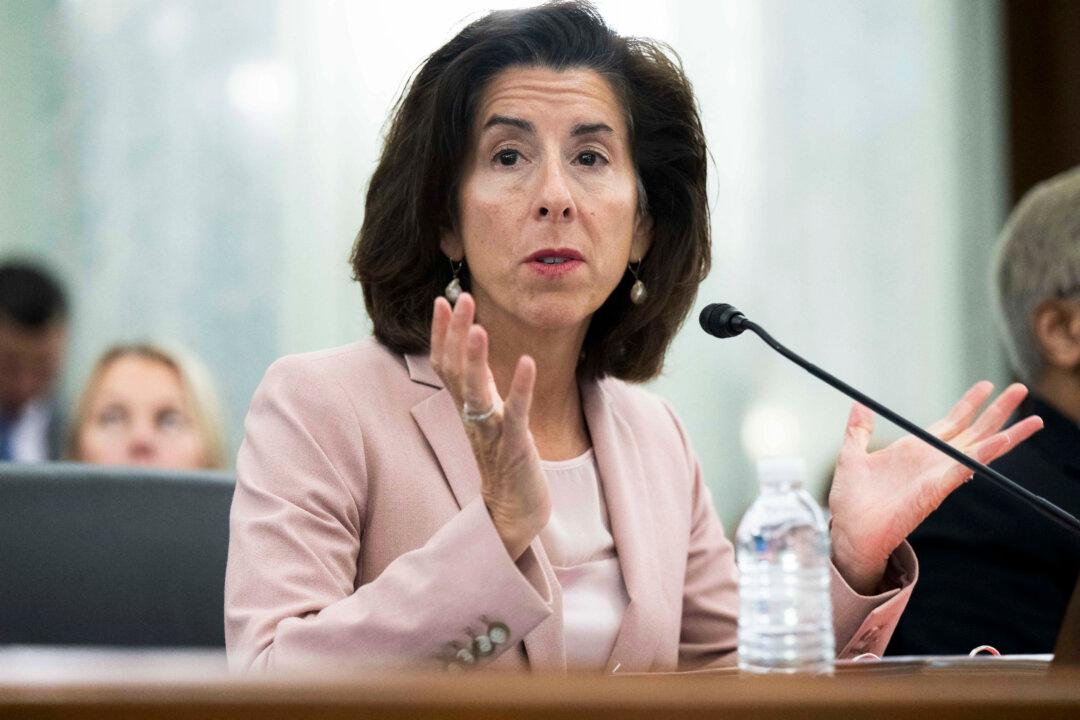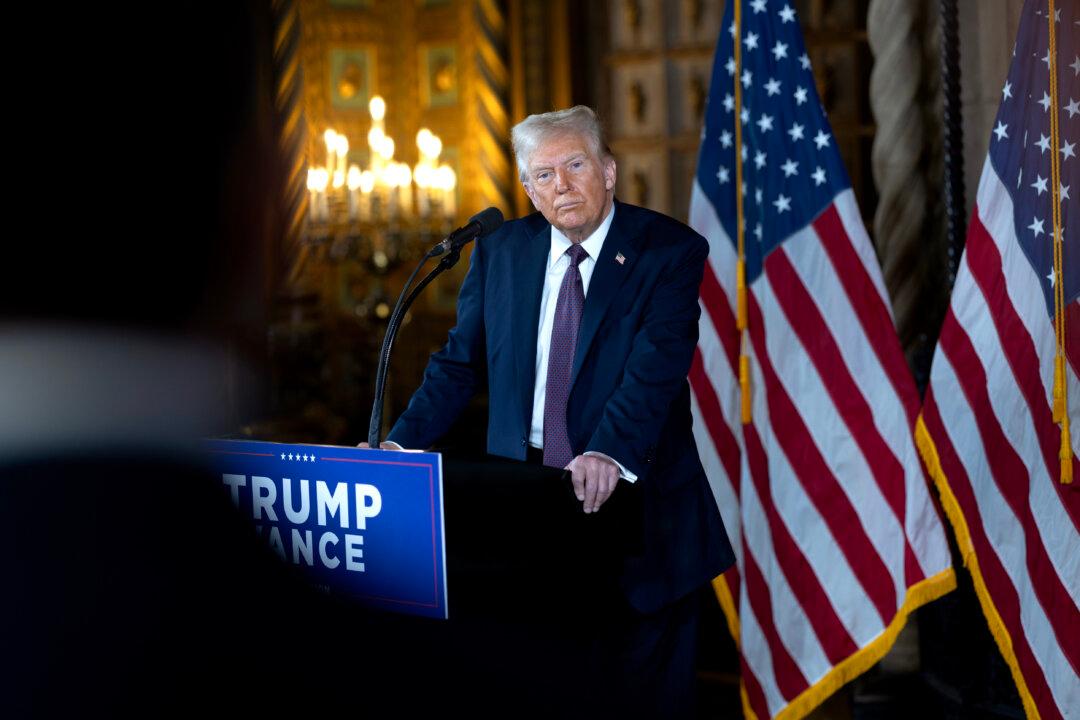WASHINGTON—The stock market ended the turbulent year of 2020 at all-time highs, despite the pandemic lockdown measures and resulting economic recession. With 2021 underway, the political events of the first week will set the tone for the new year, as they have important implications for the political landscape and the markets going forward.
The focus will be on the Georgia runoff elections on Jan. 5, which will determine control of the Senate and policies in Washington. Also, investors will closely watch the joint session of Congress on Jan. 6, which is expected to be “a very contentious meeting.”
The new Senate currently stands at 50 Republicans and 48 Democrats (including two independents who caucus with the Democrats). Should Democrats win both Georgia runoffs, that would put the balance at 50–50. If there were a Biden administration, the Democrats would control the chamber because Kamala Harris as vice president (and president of the Senate) would break any ties.
Analysts, however, expect Republicans to hold onto the majority in the Senate. That would remove a lot of uncertainty for markets, according to the analysts of Wells Fargo Institute.
A split government is ideal for the markets because it would make tax increases and other major legislative overhauls much less likely, according to them. It also means that the two sides of the aisle will have to continue to work together on future stimulus bills.
“Our base case is that Republicans will win at least one of these seats, keeping control of the Senate,” Brett Ryan, senior U.S. economist at Deutsche Bank, said in a recent report.
However, if Democrats take both seats, he predicts there would be an additional fiscal stimulus package, which would boost the economic growth forecast for next year. It would also end the “ongoing debate around raising the recently legislated stimulus payments from $600 per person to $2,000.”
This would, absent offsets, cost about $400 billion, raising the overall cost of stimulus above $1 trillion, which seemed a red line for many Republican senators.
“Unless the Senate switches to Democratic control on the results of the Georgia election, we do not see much scope for further stimulus,” Ryan wrote.
Another crucial event will take place on Jan. 6, when the joint session of Congress convenes to formally count Electoral College votes.
The session “is shaping up to be a very contentious” due to competing slates of electors and other objections, according to a note by Michael Cembalest, chairman of market and investment strategy at J.P. Morgan Asset Management.
“Trump supporters intend to mount primary challenges against GOP politicians that do not support Jan. 6 Joint Session objections,” Cembalest wrote in his note to clients. “How will most GOP politicians vote in the Joint Session? I don’t know, but I’m reminded of the following Ben Franklin quote in Peter Stone’s ‘1776’: ‘We must indeed all hang together, or most assuredly we shall all hang separately.’”
Approval and distribution of vaccines, combined with a stimulus deal in Congress have boosted market confidence in recent weeks. However, economists are still cautious as the renewed virus surge and lockdown measures could reduce economic activity again. Forecasters believe the economic recovery is dependent on how quickly the vaccines are distributed.
Countering uncertainties arising from lockdown measures are low-interest rates, as well as elevated savings rate and household income, which are expected to support consumer-led growth in the United States, according to analysts.





